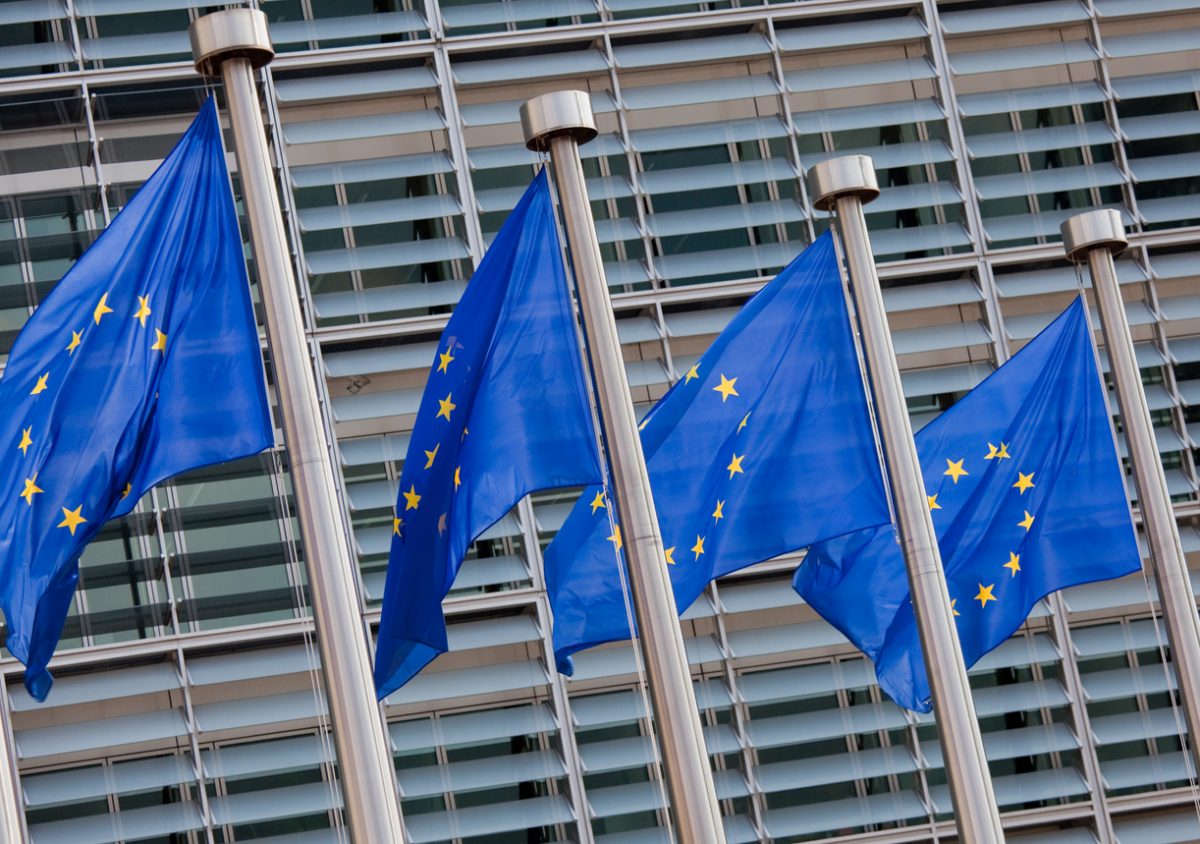The act aims to strengthen the EU raw materials sector. Besides praise, there is also skepticism.
On Monday, the EU Council gave the green light for the Critical Raw Materials Act (CRMA), with which the EU wants to strengthen its raw materials sector and make it less dependent on imports. The law will, therefore, officially come into force in just a few weeks. The CRMA lists 34 critical raw materials, 17 of which are also designated as strategically important and are, therefore, crucial for the economy, climate targets, and future technologies. Under the act, ten percent of the EU’s annual demand for these strategic raw materials must stem from domestic mining by 2030. 40 percent ought to be processed in the EU, and 25 percent should come from recycling. Another central pillar is the diversification of supply chains: no strategic raw material should depend on imports from a single third country for more than 65 percent of its supply. The EU wants to achieve these goals primarily by speeding up approval procedures for raw material projects, facilitating investments, and constant risk assessments.
China Has Words of Warning
The country indirectly addressed by the CRMA has now responded: China, from which the EU currently sources a large proportion of its critical raw materials. The main aim of the law is to reduce this dependency. On Tuesday, the Chinese Chamber of Commerce addressed EU representatives in a statement in the state-affiliated Global Times, warning that attempts to mitigate and substitute raw material supplies from China pose challenges to mutual trade relations. Europe is harming itself through higher costs for the energy transition and digitalization of the economy.
European Industry Sees Open Questions
Europe’s domestic industry and research, however, were initially somewhat cautious after the first presentation of the draft legislation last year and still saw a need for action. While a study carried out by the University of Cambridge Institute for Sustainability Leadership (CISL) and the Wuppertal Institute criticized the initial recycling rate in particular as being too low, the Federation of German Industries (BDI) found reasons for improvement alongside words of praise. According to the BDI, the success of the CRMA would depend on its actual implementation, and accelerated procedures would only be one building block for greater European independence. In addition, social acceptance for projects along the entire value chain would have to be established, the BDI continued. The references to other EU programs and the member states in investment matters also did not go far enough.
Photo: iStock/Jorisvo


